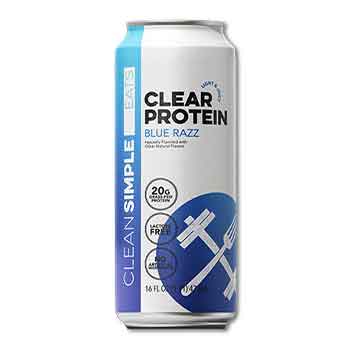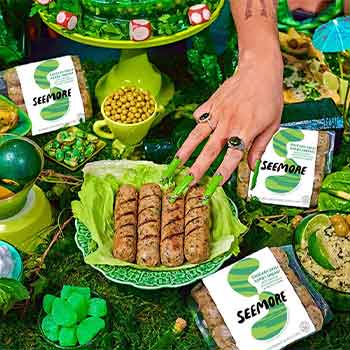Grupo Bimbo, Oobli Partner to Integrate Sweet Proteins in Baked Goods
Healthy sugar alternative will rehabilitate food at scale with first global CPG partnership
Oobli, a global sweet protein brand and manufacturer known for its healthy sugar alternatives, and Grupo Bimbo, a worldwide bakery , have entered into a formal agreement to integrate sweet proteins as a completely new way to sweeten baked goods. This marks the first time Grupo Bimbo will test sweet proteins in a number of baked goods categories core to Bimbo's brand portfolio.
Sweet proteins are plant proteins that taste up to 5,000 times sweeter than sugar and can replace 70-90% of sugar in most food and beverage products. Derived from fruits and berries that grow near the equator, sweet proteins are gut- and blood-sugar friendly unlike other sugar alternatives. Sweet proteins are just like any other dietary proteins, the large-molecule building blocks of our bodies.
Protein beverages continue to rise in popularity. Ready-to-drink, canned Clear Protein is light and juicy with a fruity-fresh twist, while containing 20g of lactose-free whey isolate protein per can.
Dave’s Killer Bread Amped-Up Organic Protein Bars
The protein bars are baked with whole grain ingredients like rolled oats, chia seeds, and quinoa
Dave’s Killer Bread® is growing its snack product line with the launch of Amped-Up Organic Protein Bars. Following the success of last year’s jump from the bread aisle into the snack category with the debut of Dave’s Killer Bread Organic Snack Bars, this latest product innovation showcases the just-baked texture, organic ingredients, and whole grain nutrition that consumers know paired with plant-based protein for that extra boost.
Dave’s Killer Bread Organic Protein Bars are baked with whole grain ingredients like rolled oats, chia seeds, and quinoa and each provides 10g of protein (10% Daily Value).
Alternative Proteins Take Animal-Free to New Heights
Current trends and future looks plant-based ingredients and alternative proteins
Technology-driven precision fermentation generates “plant-based” protein either as a metabolic product from genetically programmed microbes or from harvesting the microbes themselves. Although these proteins are called plant-based, we expect different terminology such as “animal-free” in the future. That’s because fermentation products such as casein and whey are not really plant-based.
A blend of humanely raised chicken, poblano peppers, spicy green chilis like jalapeno and serrano, fresh cilantro, and garlic creates a recipe that continues to attract consumers. One of the companies operating in the space is owned by women.
Protein Integration in Nutritional Baked Goods
The inclusion of protein into baking represents a profound shift that combines nutritional enhancement with the intrinsic pleasure of baked goods
The evolution that brought the protein fortification trend into baking goes beyond mere recipe adaptation; it represents a deep recognition of protein’s multifaceted role in dietary wellness and the fundamental nature of baking. At the heart of this innovative shift is a focus on amino acids, specifically the nine that are critical to human health.
This shift is ushering in an era where time-honored baking practices seamlessly merge with the principles of nutritional science, establishing baked goods not only as a mealtime accompaniment, but also as a substantial, protein-rich offering that can stand at the center of the dining experience. Through this innovative lens, the familiar act of baking is not only preserved; it is elevated, becoming a culinary craft that supports well-being without sacrificing the inherent sensory satisfaction that has been prized across cultures and generations.


